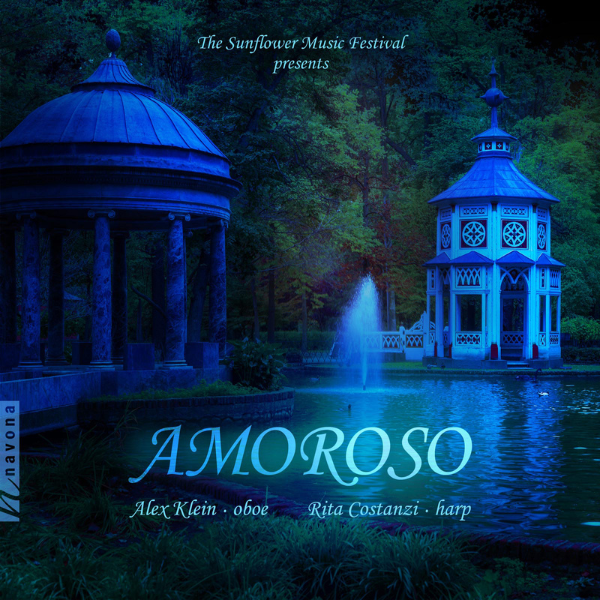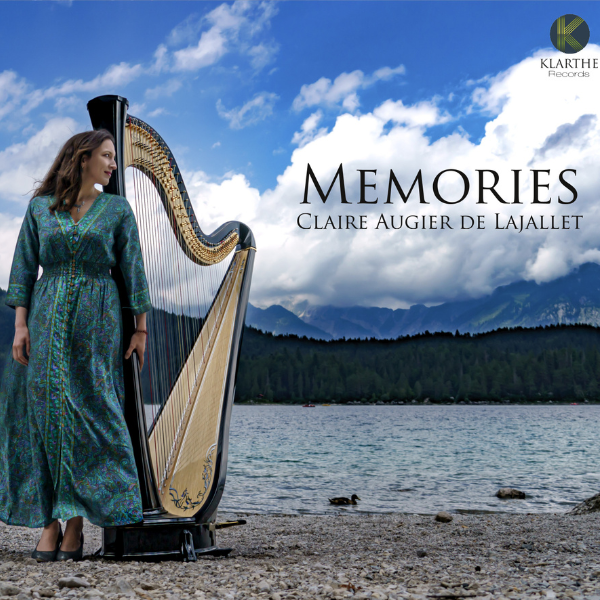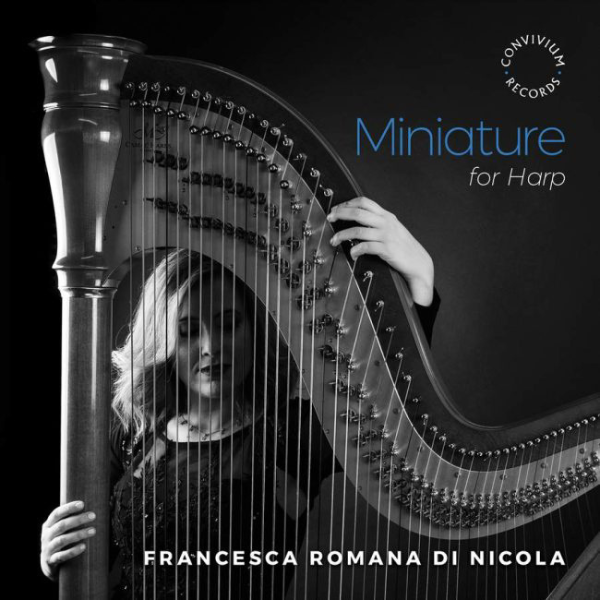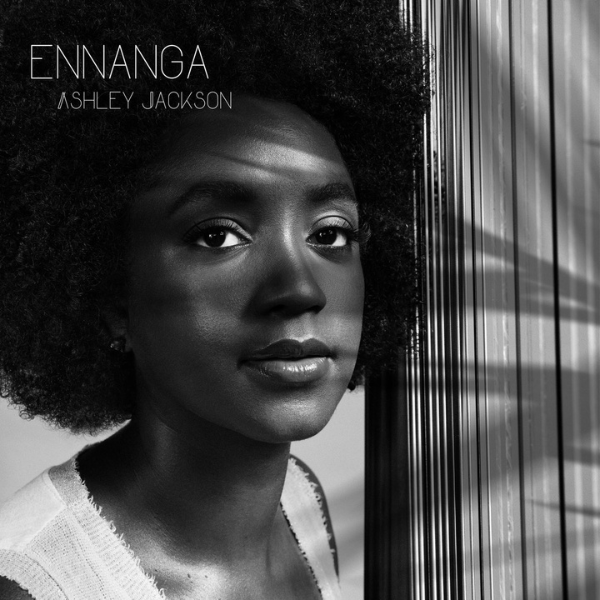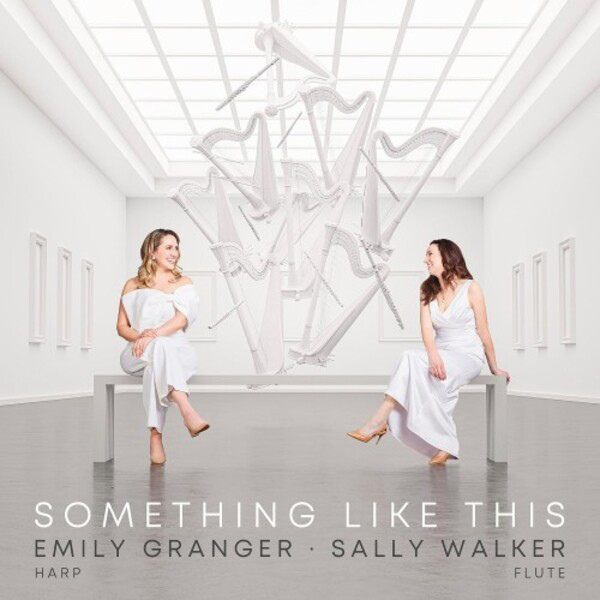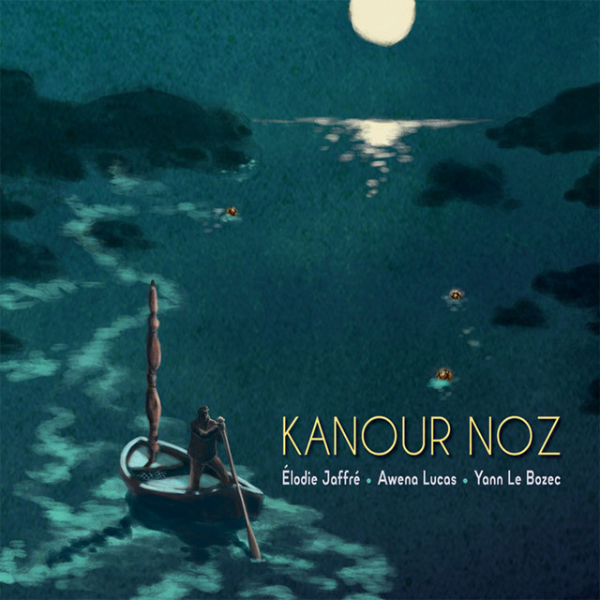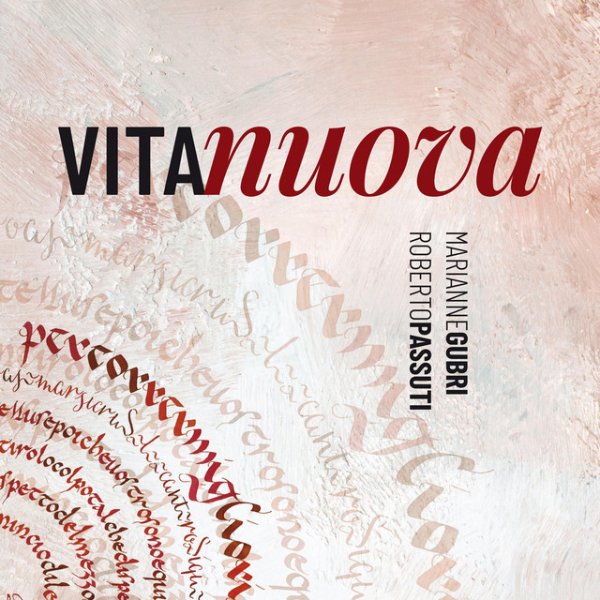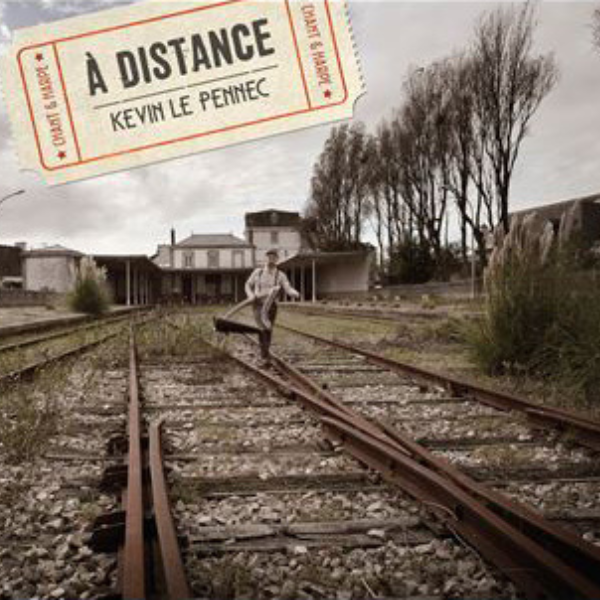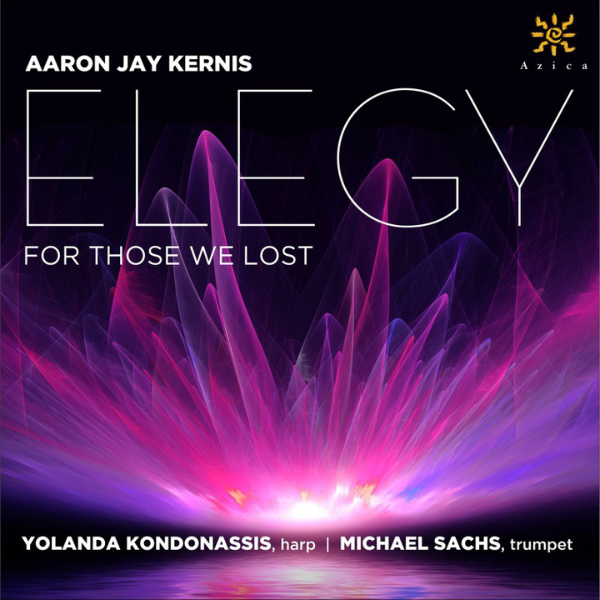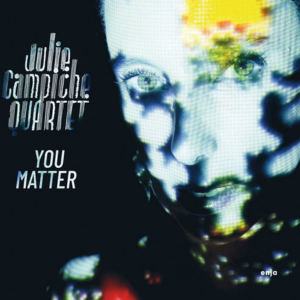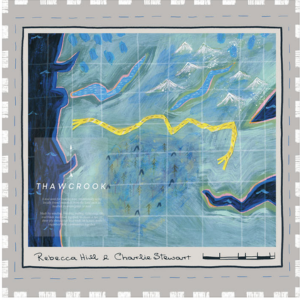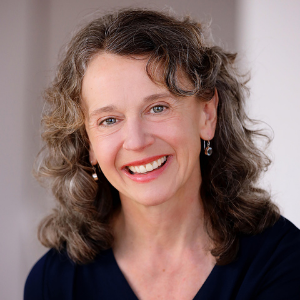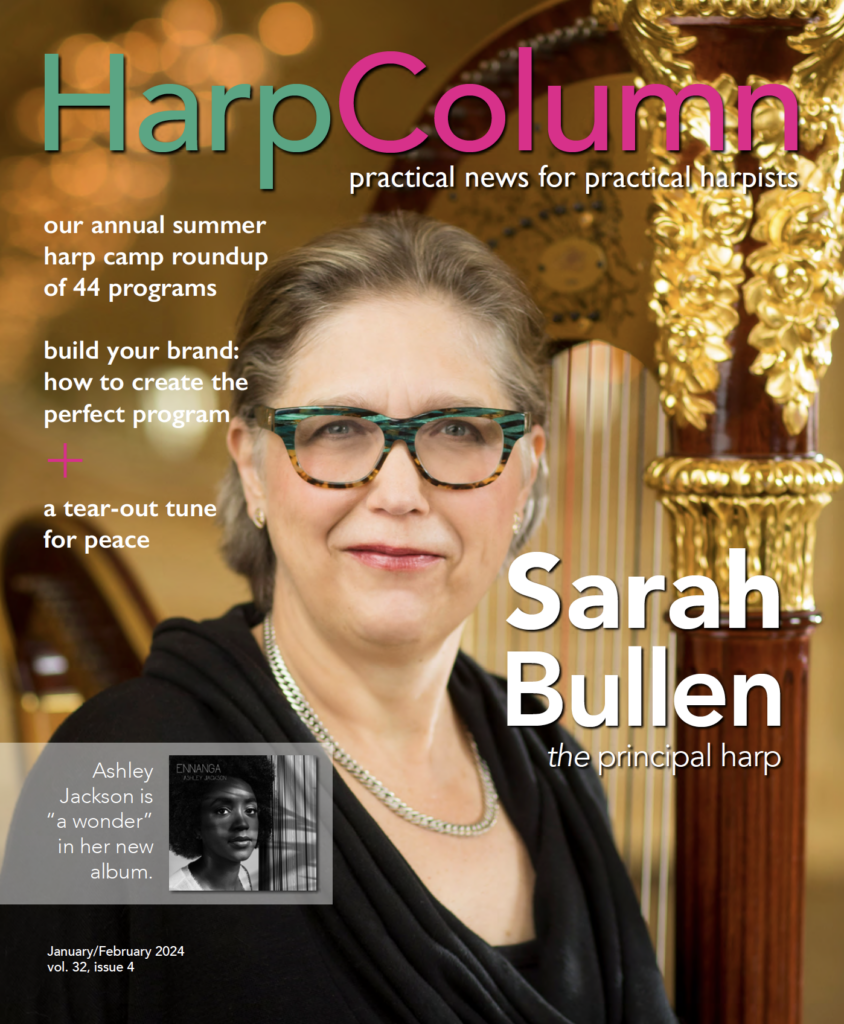
Tales and Golden Histories
Lily Neill, harp, and Vesa Norilo, cello. Self-released, 2023.
It all began as a way in which to survive long frigid Finnish winters. Traditional harpist Lily Neill and cellist Vesa Norilo would meet weekly not only to explore the folk music of their native land, Sweden, Ireland, and Brittany, but also to test the bounds of their unlikely duo. It must not have taken long for them to realize that both of their instruments have the ability to be soloist, or richly decorated chordal accompaniment, or percussion, or to mimic a myriad of other instruments. The sound possibilities are practically endless, and they take a crack at all of them in Tales and Golden Histories, a joyous, oftentimes raucous, always nostalgic and sonically surprising collection of some of the most original arrangements I have ever heard. From the top with Paddy Bán ó Broin’s Poor But Happy we have no idea what instruments we’re hearing—drums? bagpipes? bells? hands clapping? Without overdubbing, the duo has the ability to fill the room as if a band or speak in a whisper drawing us closer. Where We Danced highlights a more familiar sound of the two instruments, Neill offering a tune full of longing and wistfulness. Norilo has his chance to shine with throaty intensity in a set of reels including The Stride. The album is raw and innovative, thrilling.

Kanour Noz
Awena Lucas, harp; Yann Le Bozec, double bass; and Elodie Jaffré, voice. Naiade, 2023.
There was a fisherman who lived on the rocky and wild coast of Bretagne. Alone at sea on his night voyages, he sang to himself, filling the air with the ethereal language that reaches back through time to the Celts. In his tiny village of Kerroc’h, he was called Kanour Noz, which means simply “night singer.” It turns out this man was not only a legend but a real flesh-and-blood person, Louis Le Hirez, and the great-uncle of another singer, Elodie Jaffré. In her new album, she honors him by imagining one of those musical nights on the sea. And she does this in superb fashion accompanied by only a string bass and harp. The orchestration is spare, yet vivid. Simple, yet sophisticated. Harpist Awena Lucas invites us to enter this dreamy universe, setting the waves in action as the boat leaves safe harbor lit only by the moon. Jaffré’s voice is a husky alto with the slightest quaver that is at once authentic and vulnerable. In Jean-Pier Gallow a Gergañskoed, the instruments dip into a jazzy blend of driving groove within the more traditional. Lucas shines in the freewheeling En tournant, expressing the chaos of the sea, or battle, or even the messy mind of a chanteur pêcheur. (You get to hear his actual voice for a brief moment at the end of the disc.) The sentimental Goahañ mechér is one of the loveliest on the disc, and Lucas provides a richly colorful, playful, and inventive improvisation. Perhaps sea creatures were as transfixed as I listening to his voice reach them through the dark






